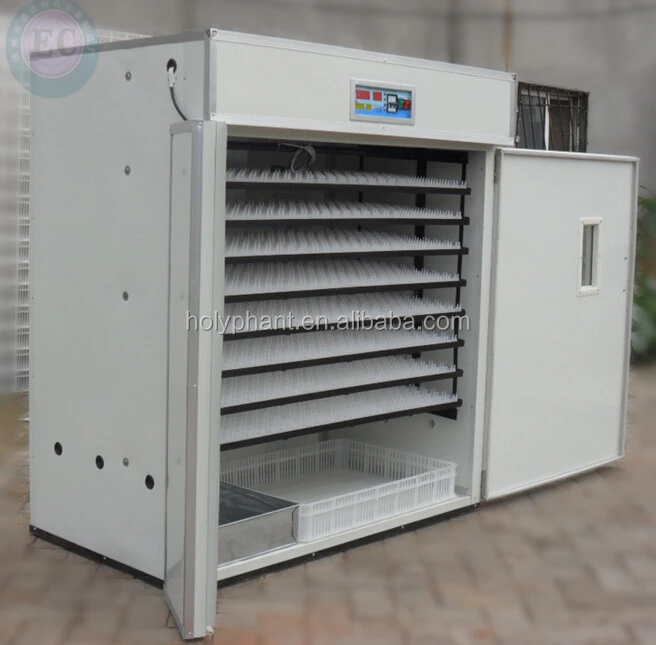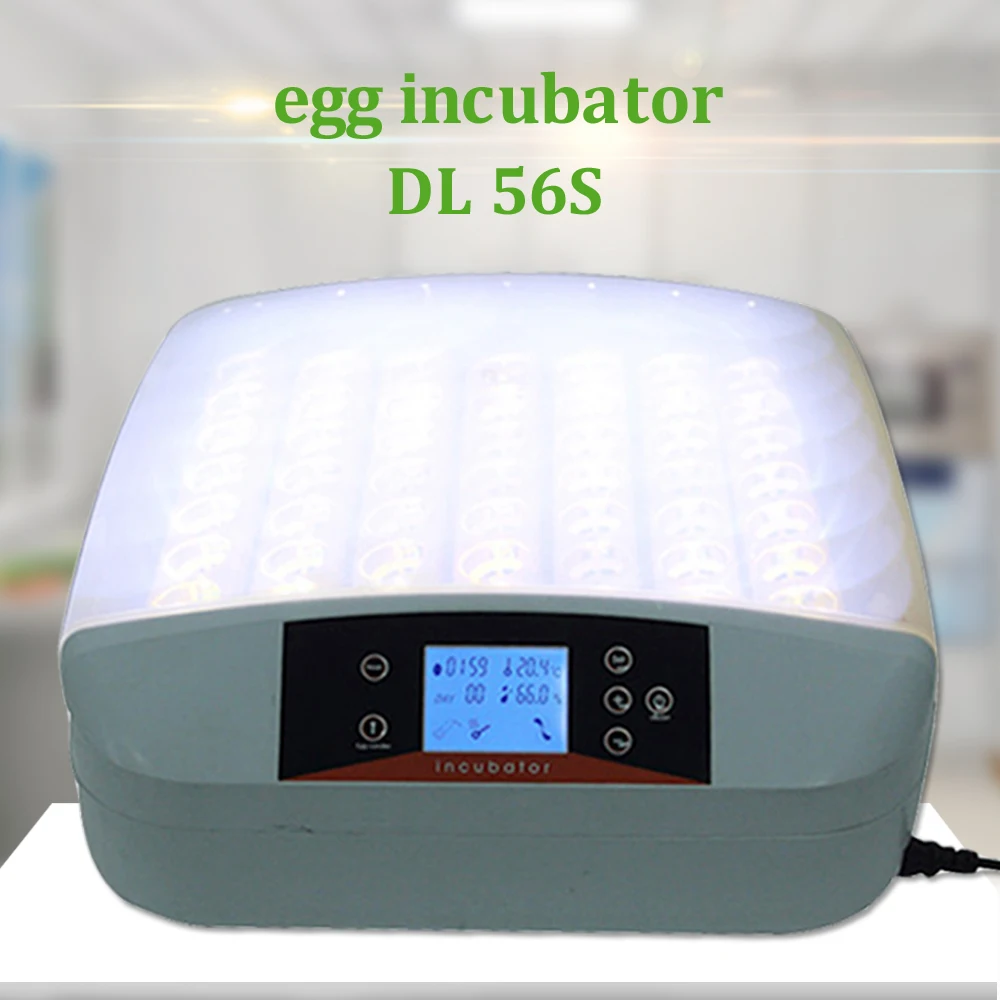

#HUMIDITY OF INCUBATOR FOR CHICKEN EGGS HOW TO#
How To Keep The Humidity Constant In An Egg Incubator?Įgg incubators come with a simple tray at the bottom to keep water. This allows the chicks easily break the shells and come out easily. The eggs need a little higher humidity for the last three days to ensure the egg shells have enough moisture. The hatching process will not be successful unless an egg loses an ideal moisture level.Ĭhicken eggs need around 60% humidity for the first 18 days of incubation and 65% to 70% humidity for the final three days during hatching. Higher humidity means increased moisture. When an embryo develops gradually, oxygen can pass through and let moisture evaporate from the egg. What Is The Ideal Humidity Settings For An Egg Incubator? Their embryos are less likely to survive.

Otherwise, it will cause a higher number of crippled and deformed chicks. The temperature can’t be more than 100.5☏ (38.056☌) for forced air incubators and 101.5☏ (38.611☌) for still air incubators. Generally, still air incubators need a little higher temperature than forced air incubators. The ideal temperature setting for hatching chicken eggs in an incubator can be anywhere from 99.5☏ (37.5☌) to 101.5☏ (38.611☌). What Is The Ideal Temperature Settings For An Egg Incubator?Įnsuring a perfect temperature is crucial when it comes to producing healthy chicks at an increased hatching rate. This will disallow the incubator to evaporate moisture naturally, negatively affecting the hatchability. Otherwise, it will cause excessive moisture. Hence, chicks will struggle to tear the membrane and fail to hatch.īesides, the humidity level can’t be too high. The membrane will be excessively dry if the humidity level is too low. A decent humidity must be ensured to let chicks break through the membrane and hatch eggs. In contrast, too high temperatures will cause a good number of female embryos to die.Īnother crucial factor is humidity.

After all, it affects the growth performance of chicks once they are hatched.Īccording to the research of Cambridge University, if the temperature is too low, more number of male embryos will die. One of the primary attributes for successful hatching is the incubation temperature. Why Choosing Temperature And Humidity Important For Egg Incubation?
#HUMIDITY OF INCUBATOR FOR CHICKEN EGGS PRO#

How To Keep The Temperature Constant In An Egg Incubator?.How To Keep The Humidity Constant In An Egg Incubator?.What Is The Ideal Humidity Settings For An Egg Incubator?.What Is The Ideal Temperature Settings For An Egg Incubator?.Why Choosing Temperature And Humidity Important For Egg Incubation?.it's the amount of water that's in the air, as a percentage of the maximum amount of water that the air could hold at its current temperature. So, in summary, ‘relative’ humidity is exactly that. But unless you’re planning to place your incubator on Mount Everest, it’s not likely to concern us too much. The cold air in the basement cannot hold as much water as the warm air upstairs, so the basement carpets get damp instead.Ī similar principle applies with air pressure too. Ever wondered why carpets get damp in the cold basement? There’s your answer. So 100% humidity at 37.5☌ means there is a lot more water in the air than 100% humidity at 10☌. That’s why hot countries tend to feel more humid than cold countries - there is more water held in the air. However, in reality air is different to a sponge, because hot air can hold more water than cold air. If it begins to rain, and the air loses half its moisture, it could be said to reduce to 50% humidity. If you imagine that the air around us is a giant sponge, you could imagine that it has a certain, critical capacity at which it's ‘full’ with evaporated water and cannot hold any more. By this I mean that it depends on two factors: air temperature and air pressure. What does it mean when we say, “Relative Humidity”?


 0 kommentar(er)
0 kommentar(er)
